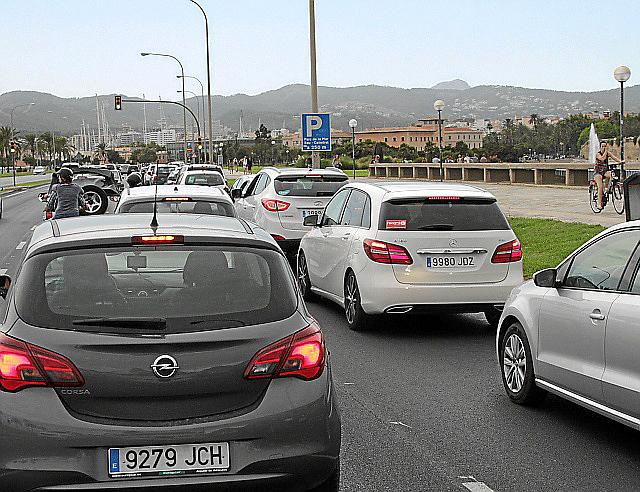Car ownership in Palma declined over the years of economic crisis. In 2011 there were 820 vehicles per 1,000 residents. By 2014 the figure had dropped to 650. Recession was a factor, as also was the decision of the car-rental association Aevab to register cars on the mainland, where road tax was cheaper. The announcement by the previous government that it would introduce a tax on hire cars led to the flight of car-rental businesses, even if their cars continued to be on Balearic roads. Aevab's president, Ramón Reus, says that some 10,000 vehicles, for which road tax was paid in Palma, were relocated.


1 comment
To be able to write a comment, you have to be registered and logged in
Something else to blame on tourists.